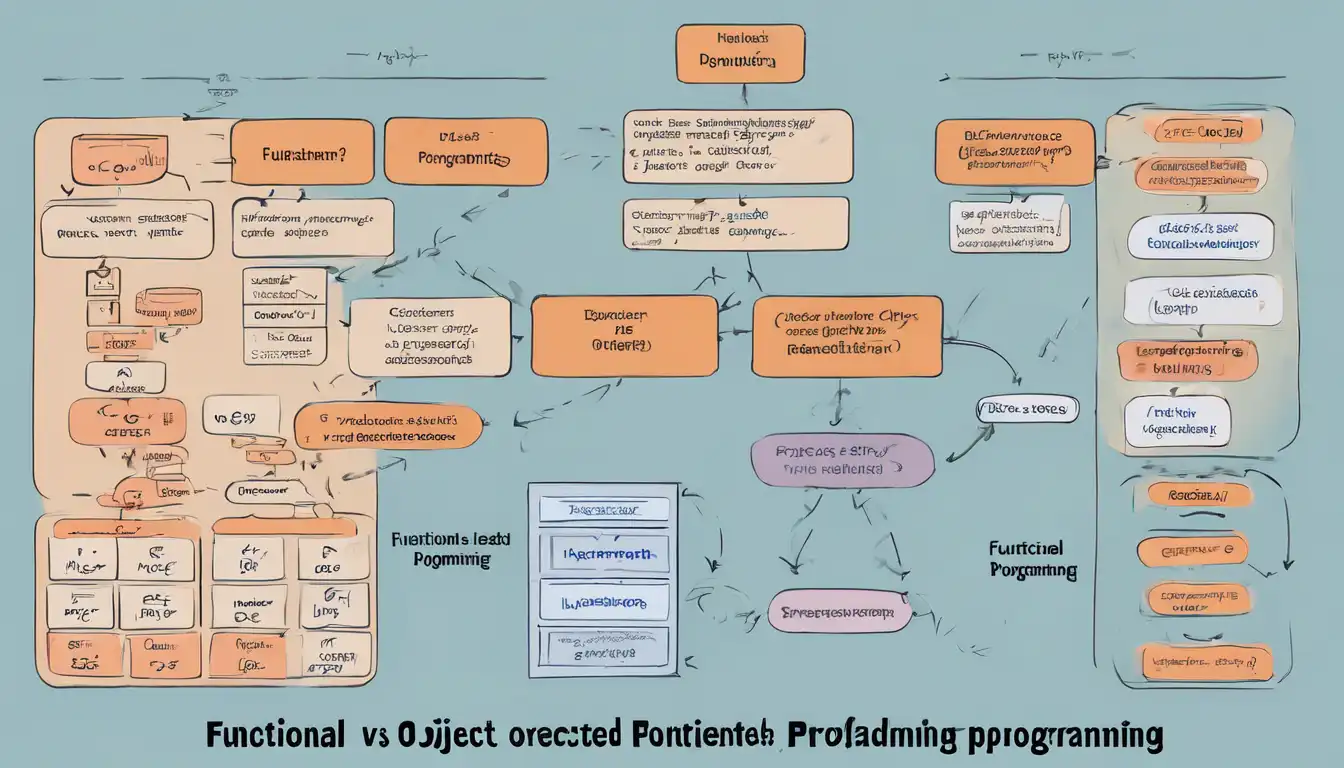Introduction to Programming Paradigms
In the world of software development, understanding the differences between functional programming (FP) and object-oriented programming (OOP) is crucial for choosing the right approach for your project. Both paradigms offer unique advantages and challenges, making them suitable for different types of applications.
What is Functional Programming?
Functional programming is a paradigm that treats computation as the evaluation of mathematical functions and avoids changing-state and mutable data. It emphasizes the application of functions, in contrast to the imperative programming style, which emphasizes changes in state.
- Immutability: Data is immutable, meaning it cannot be changed after it's created.
- First-class functions: Functions are treated as first-class citizens, allowing them to be passed as arguments, returned from other functions, and assigned to variables.
- Pure functions: Functions have no side effects and return the same output for the same input every time.
What is Object-Oriented Programming?
Object-oriented programming is a paradigm based on the concept of "objects", which can contain data, in the form of fields, and code, in the form of procedures. OOP focuses on the objects that developers want to manipulate rather than the logic required to manipulate them.
- Encapsulation: Bundling of data with the methods that operate on that data.
- Inheritance: A mechanism to create a new class using properties and methods of an existing class.
- Polymorphism: The ability to present the same interface for differing underlying forms (data types).
Comparing Functional and Object-Oriented Programming
When deciding between FP and OOP, consider the nature of your project. FP is often better suited for applications involving concurrent processing and data analysis, while OOP shines in scenarios requiring modularity and reusability, such as GUI applications and game development.
Conclusion
Both functional and object-oriented programming have their place in modern software development. By understanding the strengths and weaknesses of each, developers can make informed decisions about which paradigm to use based on the specific needs of their project. For more insights into programming paradigms, check out our guide on programming paradigms.
